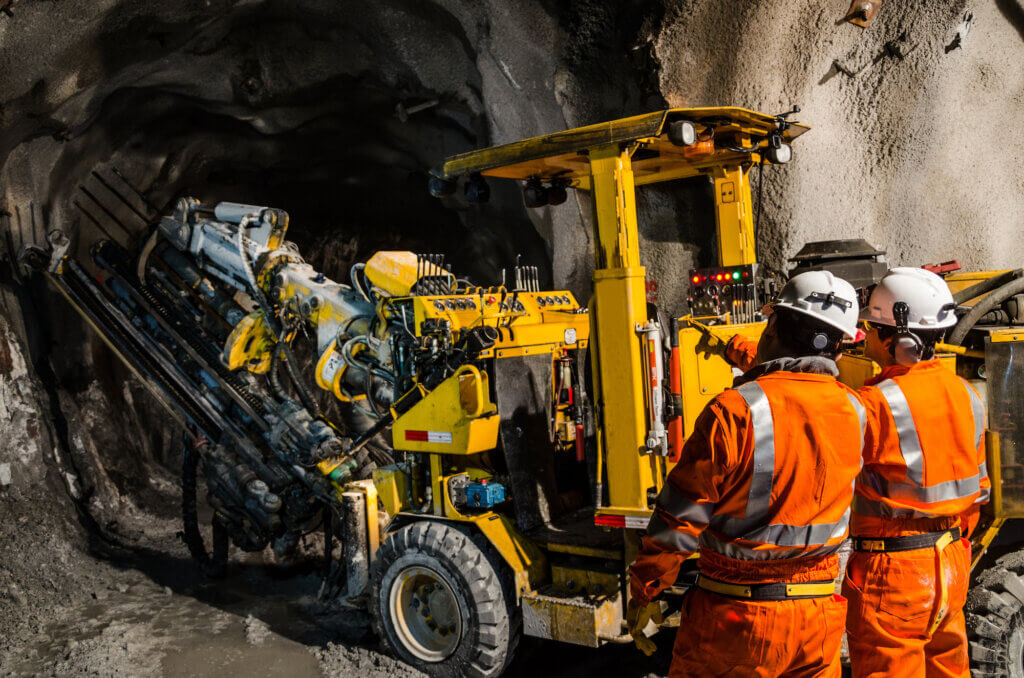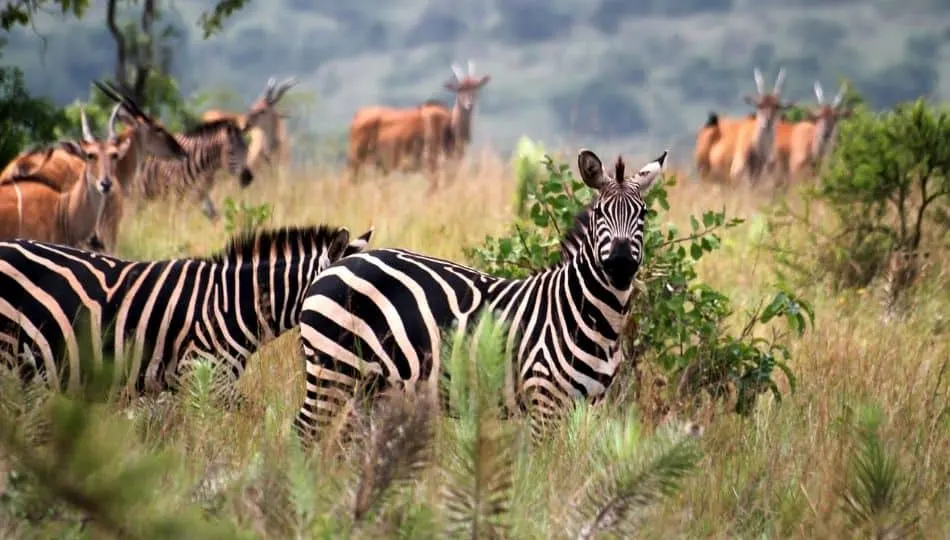Gwanda welcomes safety in mining
Share

Staff Reporter
GWANDA Rural District Council and its stakeholders this week accepted the Zimbabwe Mining Safety Health and Environmental Council (Zimshec), an indigenous non-governmental organisation, into the mineral rich district, where the organisation will offer environmental, health and safety interventions through responsible mining.
A brainchild of Philemon Mokuele, the chairperson of Matabeleland South Small Scale Miners’ Association and his team, Zimshec will also train miners on rescue operations to reduce, even eradicate deaths from mining activities.
Zimshec, with its motto that “Zero Harm Is Achievable” aims to educate miners on health, environmental, safety and responsible mining.
It also seeks to bridge a grey area between miners and government agencies, the former who view the latter as impediments to their ventures.
Already operational in Mberengwa and Filabusi, Zimshec will look at broader health issues of miners and their immediate families as well as educate them of co-existence with other stakeholders not necessarily sharing their trade.
It hopes to spread to other districts after filling a vacuum that saw many uncontrolled mining activities that lacked compliance with existing laws.
The programme will be implemented in Gwanda, Insiza and Mberengwa districts.
Zimshec is working with relevant Government ministries and departments and other organisations.
Speaking during an inception meeting in Gwanda on Monday, Mokuele who is a director at Zimshec, said his organisation small scale and artisanal miners.
He said it was worrying to note that some mining accidents were a result of sheer negligence.
“Issues of health, safety and environment protection continue to be neglected by some artisanal and small-scale miners. We have miners who conduct their operations without proper equipment and protective clothing,” said Mokuele.
“Some work from dangerous shafts, which is an occupational hazard. There is also a problem of miners who cause a lot of damage to the environment and don’t bother reclaiming land as expected.
“We will first engage registered miners, hoping this then speaks to artisanal and small-scale miners. By training artisanal and small-scale miners, we expect to see them adhering to regulations. We will also address sexual reproductive health issues,” said Mokuele. Zimshec partners some organisations.
It seeks to create synergies with line ministries and other stakeholders and by building trust between state agencies and the miners.
“Our aim is to close existing gaps and mistrust so that miners know how to run their operations without risking the lives of their workers, damaging the environment and inconveniencing the surrounding community,” said Mokuele.
“We want to educate them on all mining-related issues, so that they can run their operations as proper businesses.”
Different stakeholders invited to the meeting by the Gwanda Rural District Council raised issues of concern to their various departments and a co-ordinated approach spearheaded by Zimshec came as the best foot forward.
An official from the Environmental Management Agency (EMA) said her office was worried about massive land degradation caused by mining activities while miners barely respected regulations.
A Forestry Commission official blamed and named mining activities as the major drivers of deforestation with most miners disregarding laws linking miners to the Forestry Act.
Chief Mbiko Masuku asked Zimshec to move with speed to correct massive grazing pollution in areas that had resulted in livestock being infected by diseases through consumption of human waste.
“A lot of our cattle have been condemned. Mining must improve lives but it has made certain sectors fail. Open defacation has contaminated grazing and we have lost cattle to mining,” he said.
Hundreds of artisanal miners swarm areas, where alluvial gold has been discovered, to exploit the mineral but in most cases the areas do not have toilets and the rate of open defacation has worrisome.
Zimshec said it would train miners and hoped the programme would get support to save the environment.
Immediately after the inception, Zimshec and its partners Zimbabwe Environmental Lawyers’ Association trained 54 artisanal and small-scale miners from the Colleen Bawn area.
Most miners interviewed said they were willing to learn and prevent mine disasters and even get hints on how to react to disasters.
The chairperson for Gwanda Youth In Mining, Gift Sibanda, hoped Zimshec would also help resolve issues of difficulties in getting mining claims.









